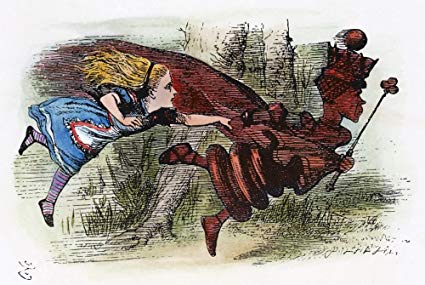Skip to content
- The first third or so of the book was a bit dense and may have put off some readers.
- I found the initial chapters to be overabundantly dense with technical genetics. Ridley wields analogies powerfully and these technically dense sections are in great need of a brief but effective deployment of a sage analogy.
- Despite holding up generally well (book was published in 1993), some topics are outdated.
- Aren’t people bored with “the Battle of the Sexes ” by now?
- He has a weird treatment of homosexuality, in a way that homosexual readers (like me) are made to feel defensive.
- Overbearing Generalizations that don’t stand up
- ex. Power in current society does not predict mating success (just look at childless Hitler, so consumed by ambition to be childless, he says). That’s not based on any data and I for one believe it’s the opposite.
- The author then says that men are spectators on whether a society becomes monogamous or polygamous. But that makes no sense if we’ve paid any attention to world history, because legal framework and wealth distribution is, obviously, heavily influenced by men in the society.
- He makes sweeping generalization about women; like they prefer monogamy, are more drawn to beauty, are exploitative of men etc.
- While trying to explain the way sexes are, he posits that the roles that each sex has adopted are due to their inherent nature. I don’t agree because, in the first place, does a sex have an inherent nature? Also he fails to address the possibility that a sex’s nature has been changed by their role in society?
- “Not that racial and cultural differences can’t exist. As much as a black man has a different skin color than a white man, so it’s also quite possible that he also has a different mind.”- This is a quote from the book. I’m unconvinced by its validity. I’m further convinced that Ridley did not consider the statement’s implications, only being concerned with speaking his, possibly wrong, opinion.
- I wish he focused on early humans instead of modern day humans.
